John Taylor
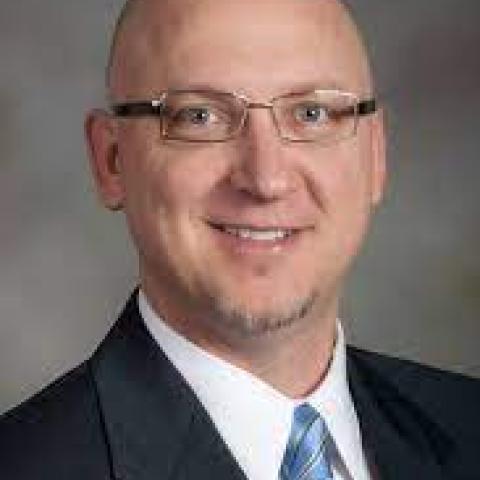

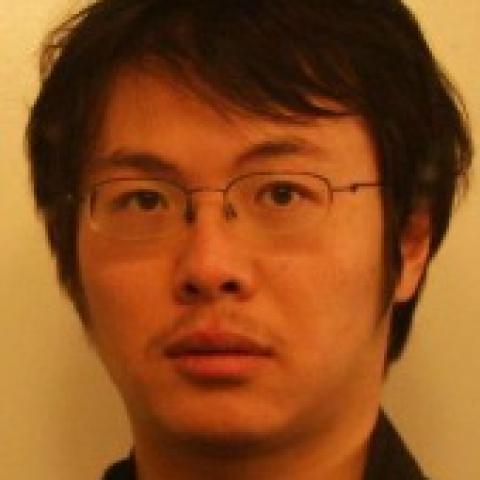
Energy Harvesting; Smart Infrastructure

Yuanzhi Tang holds undergraduate degrees in Geology and Economics from Peking University, China. She earned a Ph.D. degree in Environmental Geochemistry at Stony Brook University and then continued working in the microbiology group of Prof. Colleen Hansel.
Tang joined the Georgia Tech faculty in 2013 as an assistant professor and is now an associate professor in the School of Earth and Atmospheric Sciences.
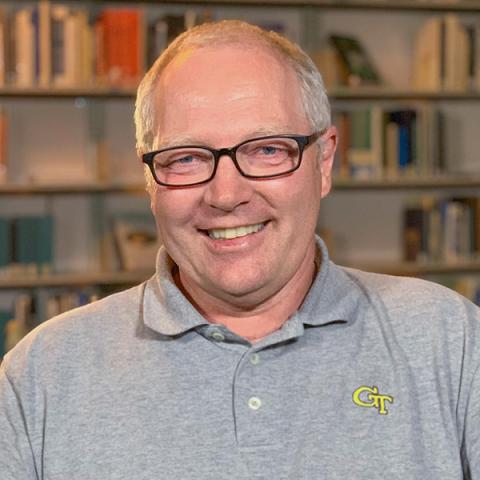

Phanish Suryanarayana joined the School of Civil and Environmental Engineering at the Georgia Institute of Technology in August 2011. He received his B.Tech. from Indian Institute of Technology, Madras, India in 2005. He obtained his M.S. in Aeronautics from California Institute of Technology in 2006. Subsequently, he received his Ph.D. in Aeronautics from California Institute of Technology in 2011 for his thesis titled "Coarse-graining Kohn-Sham Density Functional Theory". His research interests are in the areas of multiscale modeling, ab-initio calculations, density functional theory, continuum mechanics and smart materials. Overall, he is interested in developing efficient numerical methods for solving problems arising in a variety of fields. On a personal level, Dr. Suryanarayana is a sports enthusiast. He plays badminton, cricket, waterpolo, and ultimate frisbee. He also is an avid gamer (PC) and enjoys playing bridge and other board game
Computational mechanics; Multiscale Modeling; Metamaterials; Electronics
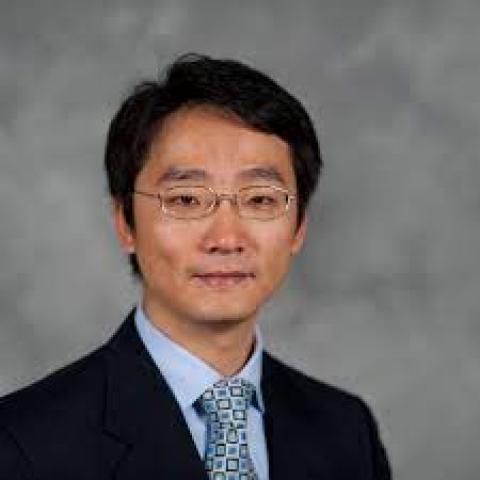
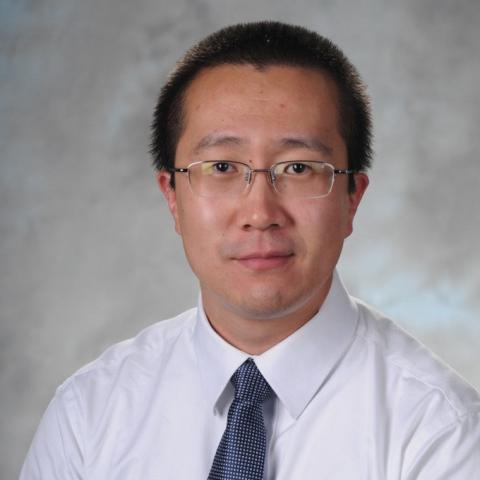
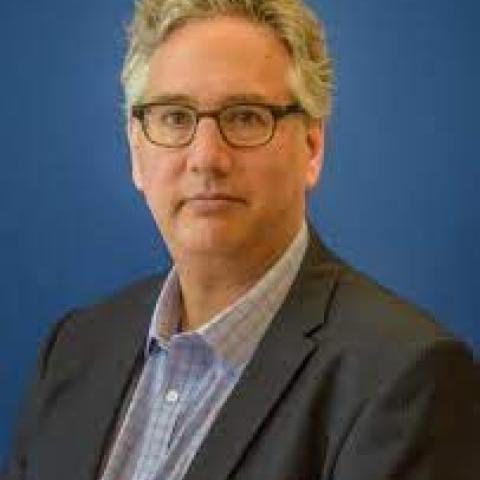
Dr. Stulberg is the Sam Nunn School Chair and Professor in the Sam Nunn School of International Affairs. He teaches undergraduate and graduate courses on international security, Russia/Eurasian politics and security affairs, nuclear (non)proliferation, and energy and international security, as well as inter-disciplinary courses on science, technology, and international security policy. His current research focuses on the geopolitics of oil and gas networks, energy security dilemmas and statecraft in Eurasia, Russia and "gray zone" conflicts, new approaches to strategic stability, internationalization of the nuclear fuel cycle, and implications of emerging technologies for strategic stability and international security.
Dr. Stulberg earned his Ph.D. in Political Science from the University of California, Los Angeles (UCLA), as well as holds an M.A. in International Affairs from Columbia University, an M.A. in Political Science from UCLA, and a B.A. in History from the University of Michigan. He served as a Political Consultant at RAND from 1987-1997, and as a Senior Research Associate at the Center for Nonproliferation Studies (CNS), Middlebury Institute of International Studies at Monterey (1997-1998). He has worked closely with former Senator Sam Nunn drafting policy recommendations and background studies on future directions for the U.S. Cooperative Threat Reduction Program, building regional and energy security regimes in Central Asia and the South Caucasus, and engaging Russia’s regional power centers. Dr. Stulberg was a post-doctoral fellow at CNS; policy scholar at the EastWest Institute; and has been a consultant to the Carnegie Corporation of New York and the Office of Net Assessment, Office of the U.S. Secretary of Defense. Dr. Stulberg has authored and edited five books, and has published widely in leading academic and policy journals. In addition, he served on the Executive Committee of the Nuclear Nonproliferation Technical Group, American Nuclear Society (2012-14).
Dr. Stulberg maintains a conspicuous presence both inside and outside of the classroom at Georgia Tech. He is a two-time recipient of the INTA Graduate Student Association’s “Professor of the Year,” and has received the same honor from Sigma Iota Rho, the international affairs undergraduate honor society. Dr. Stulberg was a CETL teaching fellow, and a Hesburgh Teaching Fellow. He also was the recipient of the 2010 Ivan Allen Jr. Legacy Faculty Award in recognition for his scholarship, as well as a “demonstrated commitment to serving students at the College, the Institute, and in the Community.” Dr. Stulberg has served on numerous school, college, and campus-wide committees, including as Chair of the Sam Nunn-Bank of America Policy Forum (2008, 2010, 2012, 2014, 2016, 2020-21). He was previously on the Faculty Advisory Board and is currently an Associate Director of the Strategic Energy Institute (a GT Institute-wide Center). In 2016, the Neal Family Endowed Chair was bestowed upon Dr. Stulberg; he was appointed Chair of the Sam Nunn School of International Affairs in July 2019.
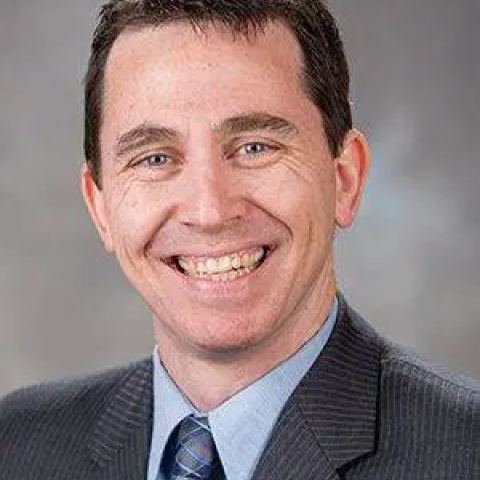
Mark Styczynski is an Associate Professor in the School of Chemical & Biomolecular Engineering at the Georgia Institute of Technology (Georgia Tech), doing research at the interface of synthetic and systems biology as applied to metabolic systems. His synthetic biology work focuses on the development of low-cost, minimal-equipment biosensors for the diagnosis of nutritional deficiencies in the developing world. His systems biology work uses computational and experimental methods to characterize metabolic dynamics and regulation using metabolomics data. He has received young investigator awards from the NSF, DARPA, and ORAU. He has won multiple department-and institute-level teaching awards at Georgia Tech. He founded and was the first president of the Metabolomics Association of North America (MANA), and is a Council Member in the Engineering BiologyResearch Consortium.
